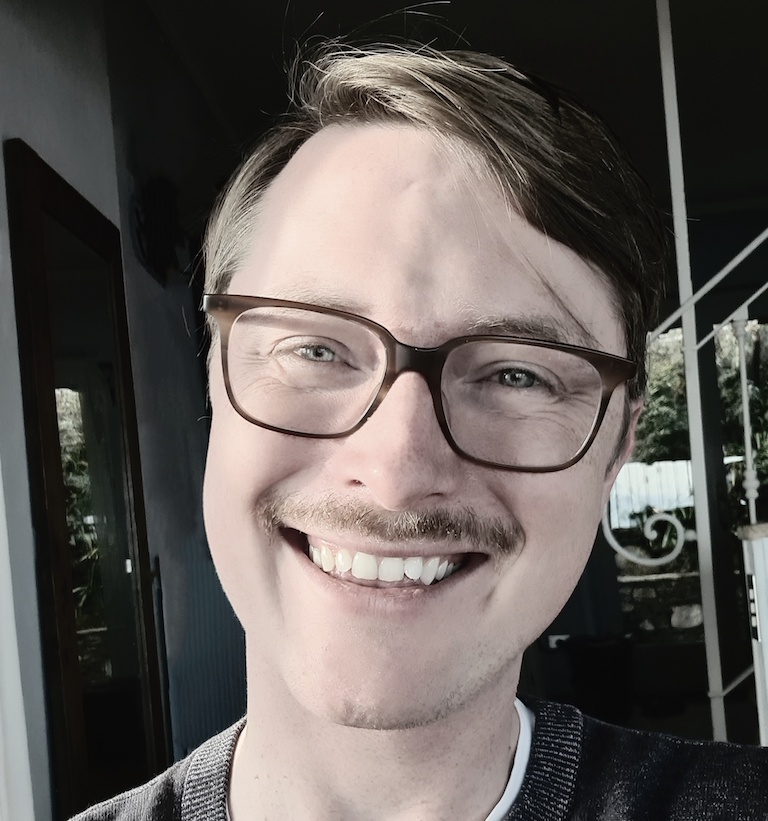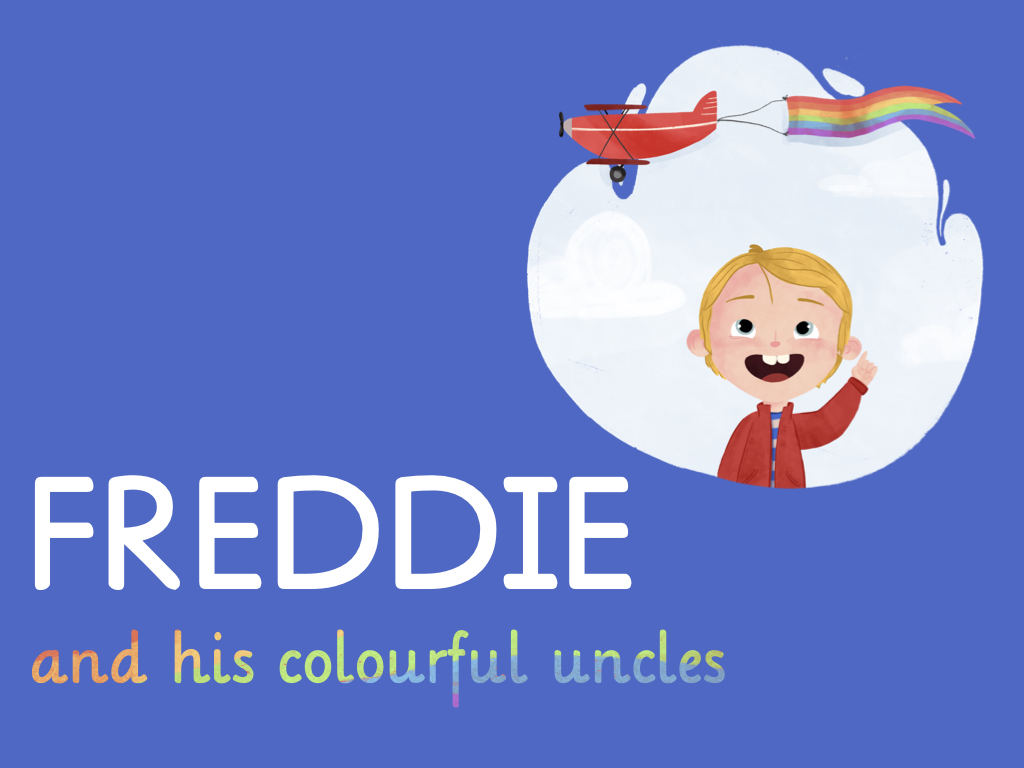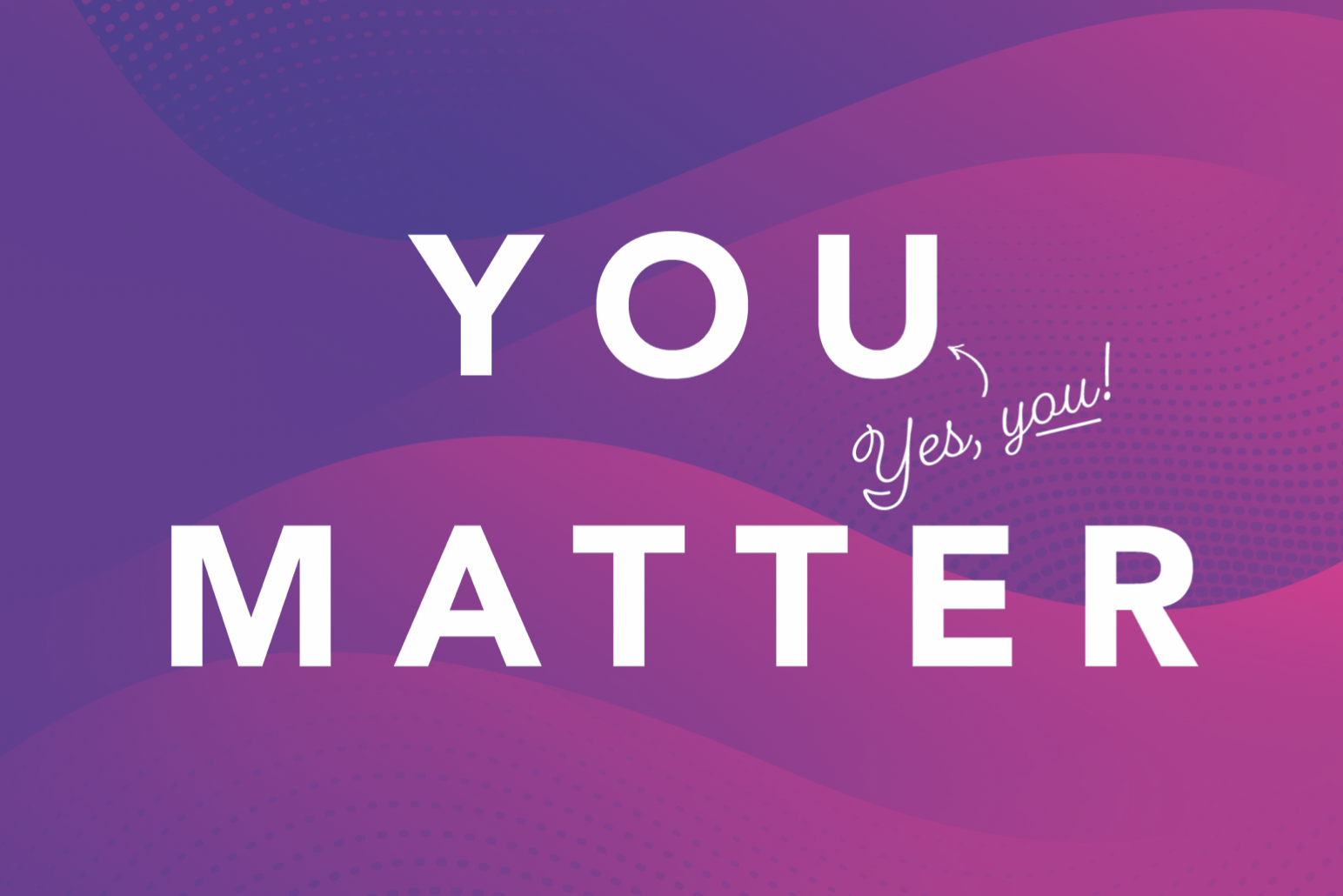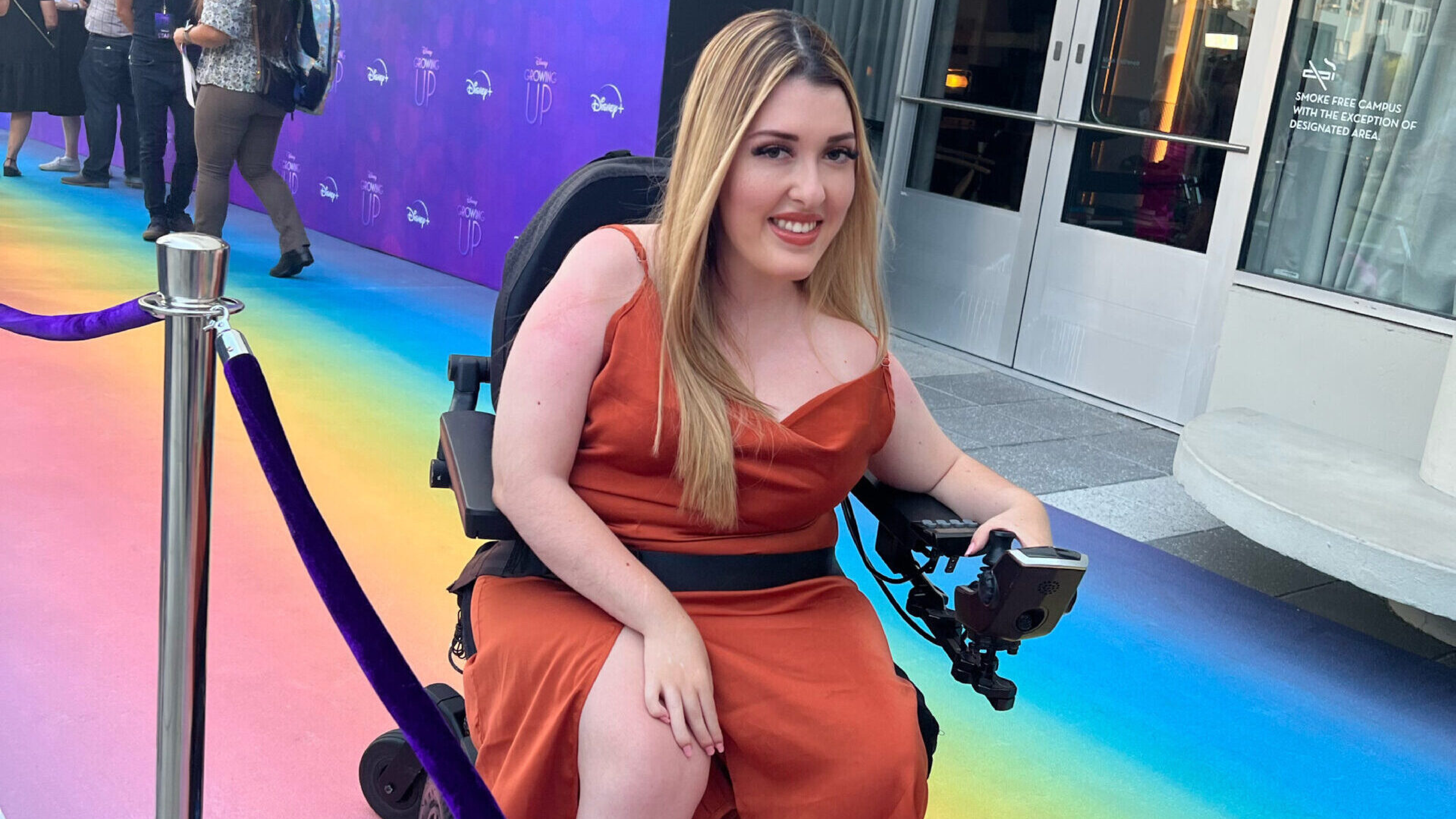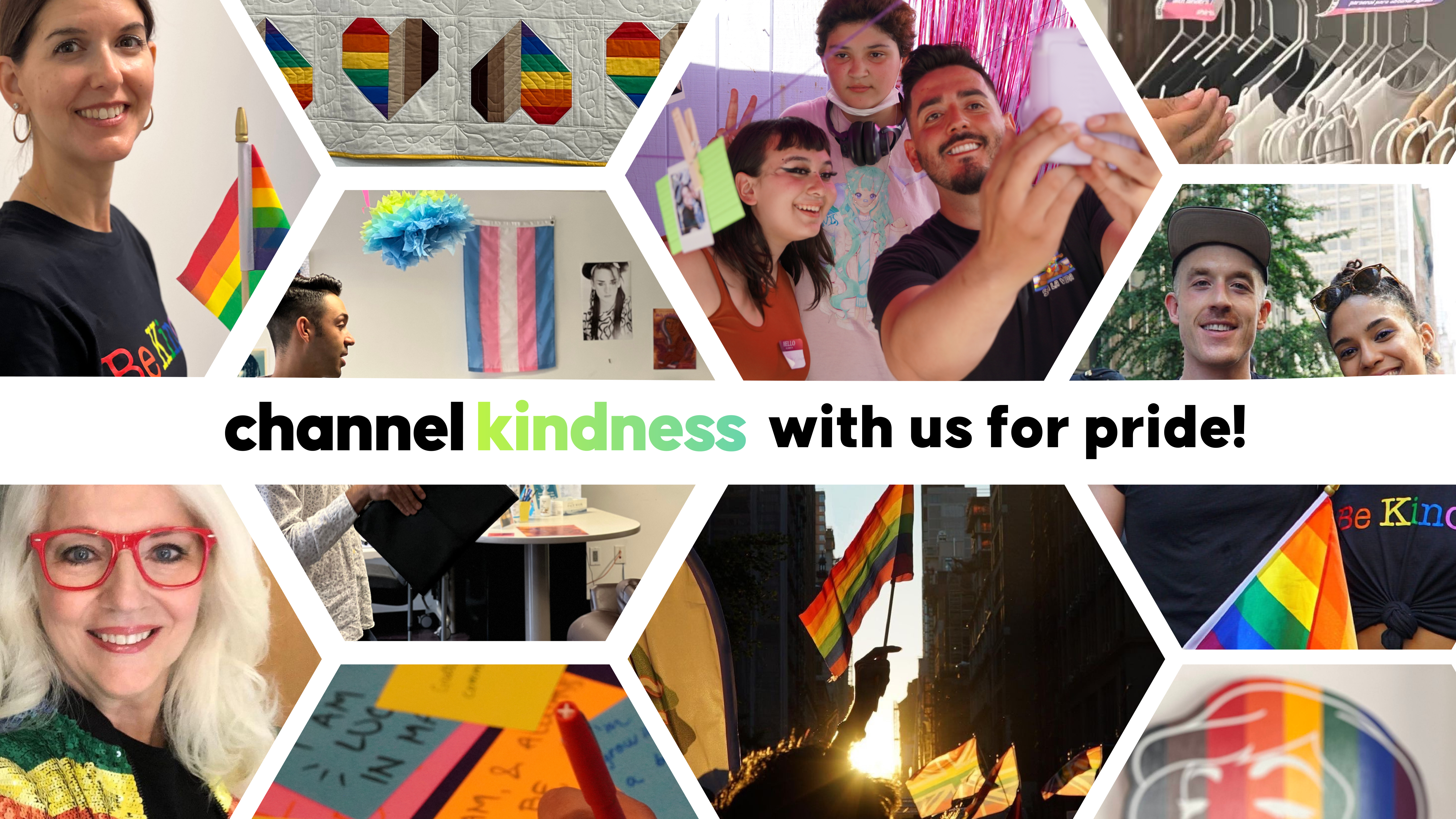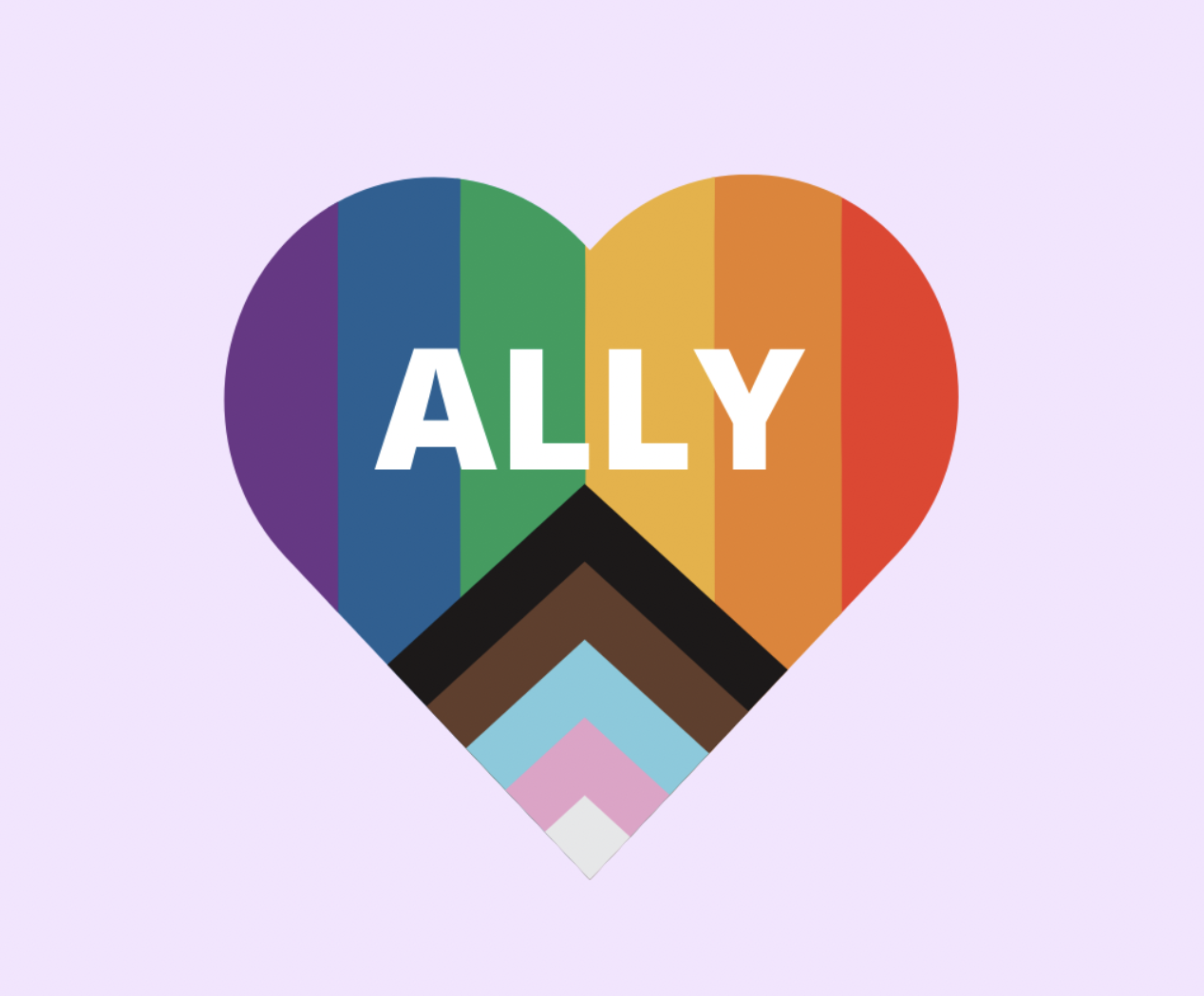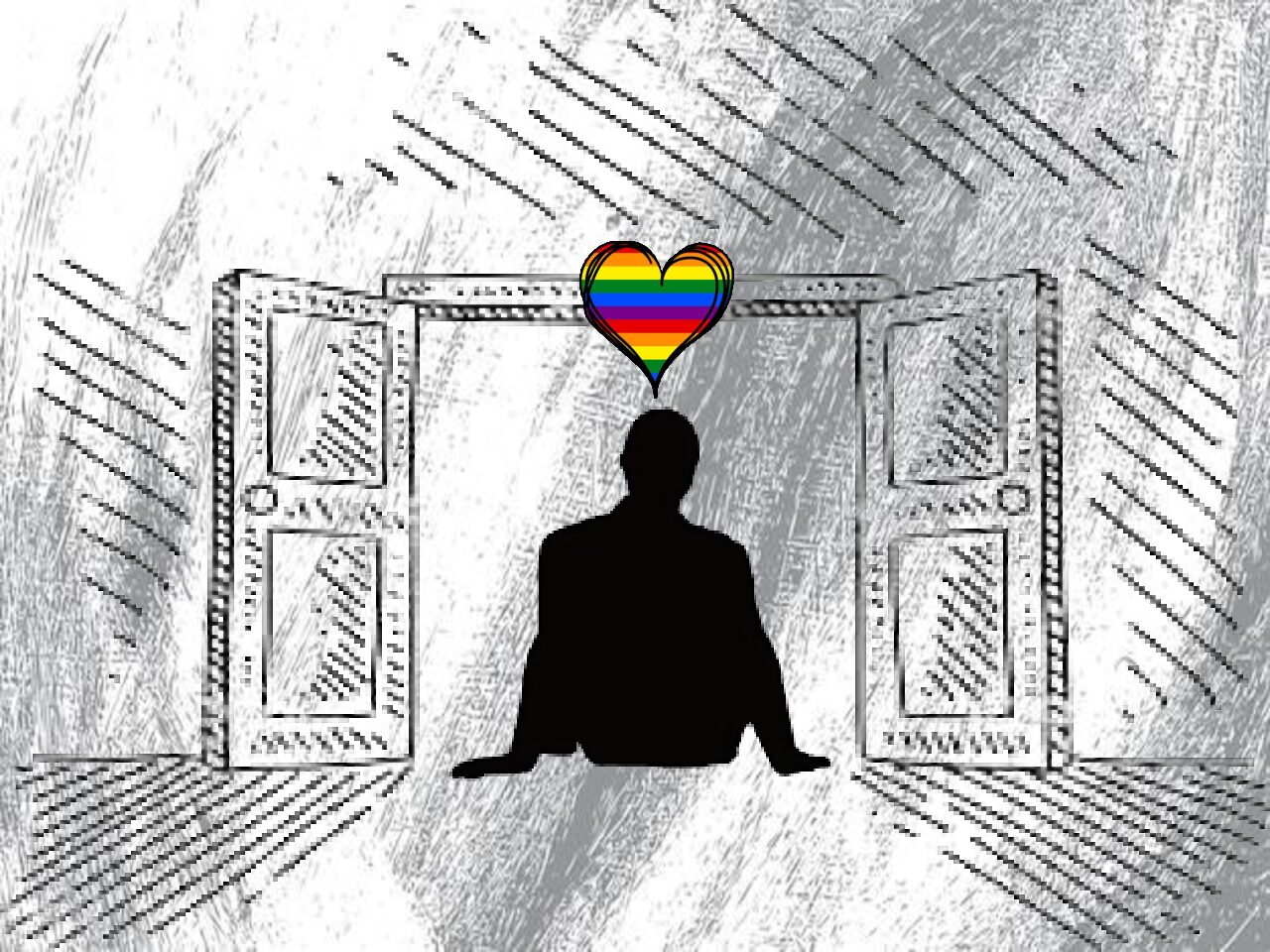The first time I learned about the existence of gay people was on the day that Freddie Mercury died.
My teenage brother was a huge Queen fan and he sat devastated in his room. When I asked my brother what has happened, he said – in a very non-judgmental way – that this singer loved men and that’s how he died. I was 7. The next memories I have of this topic being discussed in my household were almost exclusively when pictures of ecstatic gay men were shown as part of the evening news to cover the local pride parade. The only comment my lovely, but rather old and very catholic, mother had to say was “Those poor people. They are simply mentally sick.” Not the best circumstances to develop a healthy relationship with the gay community or the gay self.
Luckily, I was able to move to Berlin when I was 19, discover my own version of a gay man, win many LGBT+ friends (and also supportive straight friends), meet the love of my life, and even come out to my family who then all turned into allies of our community.
Happy End. Almost.
While I experienced the gay community as a creative, resilient party crowd in my 20s, now in my 30s, we are not only busy with our careers but also busy with family life. We travel to birthdays of our siblings’ (or best friends’) kids, have to babysit, and even plan parties for our loved ones and whatsoever. We are not only having a big party in Berghain club anymore. It’s not just a double-income, champagne buffet at the Ritz-Carlton as many assume. We are an active part of our families. And I love it.
I try to be the best uncle to my four nephews and nieces and get rewarded by hysterical laughter and a heart-felt, “Come back soon, Uncle Lukas.” One of my most-requested uncle duties is reading them from a picture book. I read hundreds of them, but I noticed a pattern: None of them really reflected their own life experience. None of them had a same-sex couple as a side character as it’s the most normal thing (only if “being” gay is the main topic of an educational book). Gay people didn’t seem to exist. Why did this bother me so much?
I thought about this for a little while. And then I remembered a tragic scene I witnessed in a tram when I just moved to Berlin. Two four-year-olds, a girl and a boy were chatting with each other. The girl asked the boy, “What does gay mean?” and without hesitation, the boy answered, “It means you’re a loser.” This hurt. I left a country town to only find myself in another place that already raises the next generation of ignorant people. Back then, this didn’t fit into my image of Berlin, and I hit that experience in my subconscious. But almost 20 years later, I was in a new position. I was raising the new generation myself. And I didn’t want to stop only with my own nephews. I wanted to help normalize gay family members to a wider audience (even if it’s not the evening news) and help create an accepting world.
So I spent all my free time after way day job creating a kid’s book. It took me 8 months in total. It’s a bedtime story about “Freddie” (not Mercury, but the first name of my actual nephew) who gets a visit from his two uncles. They are not perfect. They seem to care about him not making stains on the couch, they take a plane to visit him, and they look a bit too neat. So Freddie creates a 4-step playtime program to ensure that they look as tired after a day with him, as his own parents are every day. And it turns out to be incredible fun for everyone.
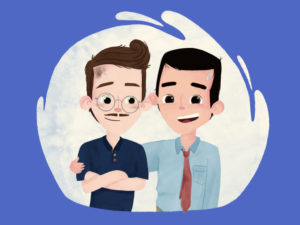
A simple story in which the main figure has a good time being adventurous and active and in which a same-sex couple is simply a part of the storyline. Not much more. Now, I would be thrilled if more parents and kindergarten libraries would add “Freddie and his colourful uncles” or similar books that include gay family members to their libraries so that kids can learn about the existence of gay people in a casual way.
Maybe this book will not end up in the evening news (why would it?), but if at least a hundred kids can get such an en-passant introduction to gay people and become allies along the way, I can remove the “Almost” after my “Happy End.”




